You'll need to be able to withstand the cold and use a lot of equipment. The benefit is that you get to enjoy the breathtaking scenery of the mountains.
Power and Sturdiness
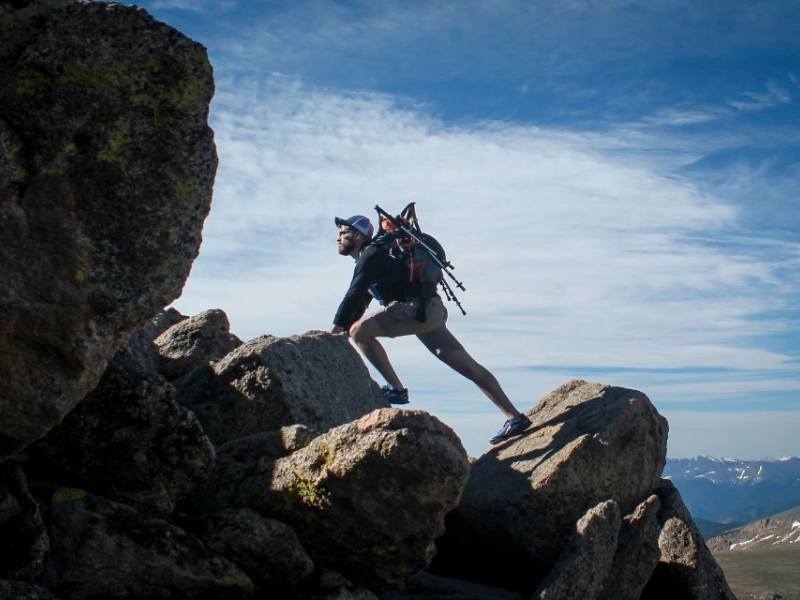
Hiking and trekking are just small parts of mountaineering. It is more specialized and technical, needing a great deal of equipment and expertise. It also involves high heights and hazardous terrain.
Mountaineers therefore need to be physically strong and fit. They prepare by including exercises like tugging and pushing with a rope that mimic the motions they'll make on the mountain. They can develop useful strength without gaining needless bulk thanks to this training.
Mountaineers also need to be able to withstand extended durations of suffering. The body may suffer from the absence of creature amenities like cozy mattresses and warm showers. But mountaineers can better prepare themselves for the mental and physical challenges ahead by learning to accept, even love, the suffering. They also learn how to solve problems and keep going when things get difficult.
Mental Capacity

Maintaining motivation and focus is essential for mountaineering. A mountaineer may have to climb for hours or days at a time without rest, and they frequently encounter objective risks like avalanches or rockfall that could destroy portions of their path.
Mountaineering demands a higher level of aerobic fitness than other outdoor sports. This reduces your exposure to risks like avalanches and crevasses while allowing you to climb a mountain swiftly, effectively, and safely.
For mountaineering, core strength is also essential. Robust core muscles can support you when carrying a big backpack, pulling yourself up a challenging face, or lifting your knees to stride up a steep slope. Planks and rigorous pull-ups are two exercises that help strengthen your core.
Self-Control
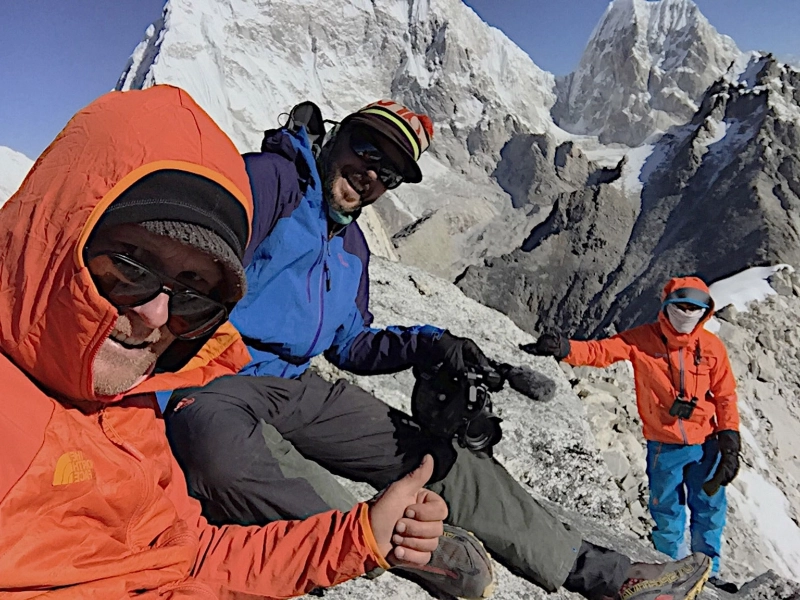
Very few people choose to become mountaineers out of the blue; instead, it is typically a logical step from hill walking or rock climbing. But in order to succeed, those who choose to take the challenge a step further will need to put in a lot of effort and discipline.
The ability to perform the ascents requires the development of numerous talents in addition to rigorous training to increase fitness. This calls for both extensive familiarity with the type of terrain that is likely to be encountered and a solid awareness of how to use tools appropriately.
Proficiency in these is important, but so is the willingness to take on the risks associated with mountaineering. A true mountaineer would understand that there are always factors outside their control that could impact their success when hiking in the mountains.
Resilience

Although mountaineering isn't a competitive activity, reaching a peak takes a lot of tenacity. For mountaineers, reaching the summit of an impossible obstacle brings a sense of success that surpasses social media photos and compliments from friends.
The majority of mountaineers do not decide to become climbers when they wake up one day. Rather, it's a logical advancement from rock climbing or hill walking. Mountaineering encompasses all aspects of a mountain excursion, not just climbing.
A more straightforward method of climbing mountains is called alpinism, which is sometimes confused with mountaineering. Alpineists typically acclimate on a different mountain before attempting to climb a risky peak, and they spend less days on a mountain. As a result, they are less vulnerable to hazards like avalanches and icefall.
Linking Up with Nature
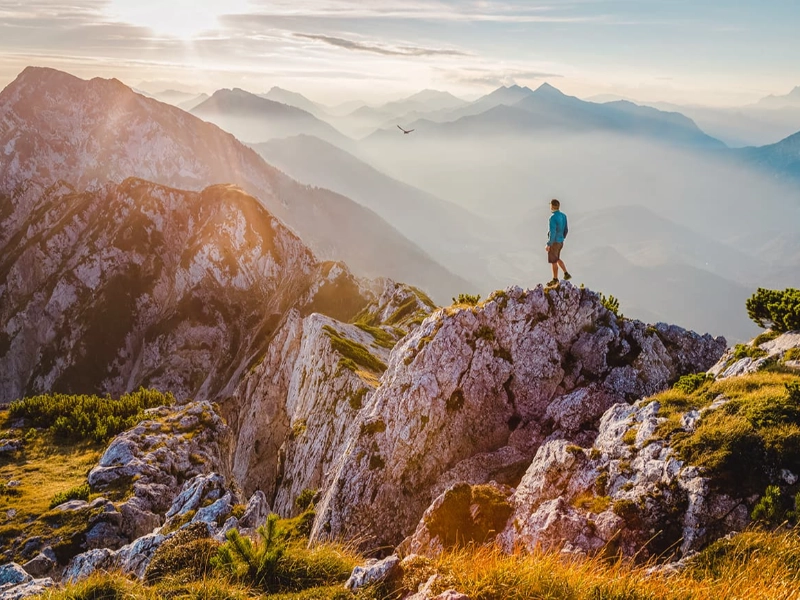
In addition to its physical demands, mountaineering can foster a sense of connection with the natural world. Mountains can be incredibly beautiful, and reaching the top can provide an unfathomable sense of accomplishment.
Mountaineering is an activity that may be mastered over time, in contrast to other extreme sports. In comparison to other pursuits, it is also more environmentally friendly and sustainable.
Mountaineering is a thrilling and difficult sport that can have numerous health advantages, regardless of your motivation—climbing the highest peak in the world or simply taking in the beauty of the mountains. Like any other activity, there are dangers associated with it, though. For safety, it's critical to have the appropriate equipment and to be well-prepared. To succeed, it's also critical to have the correct mindset and exercise self-control.
Advertisement
Recommended Reading: What Are the Advantages of Bicycles?
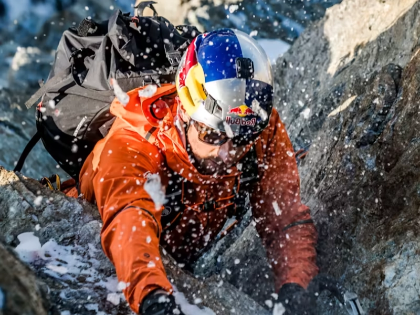

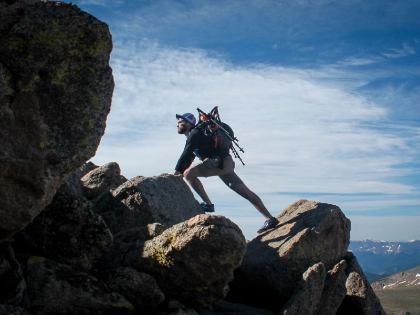
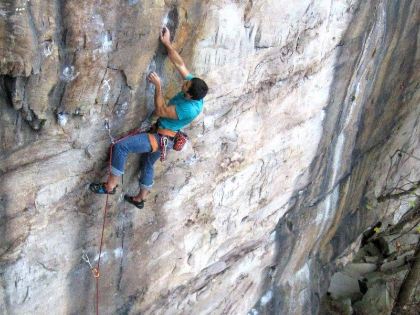
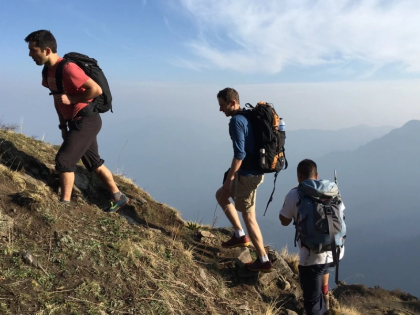
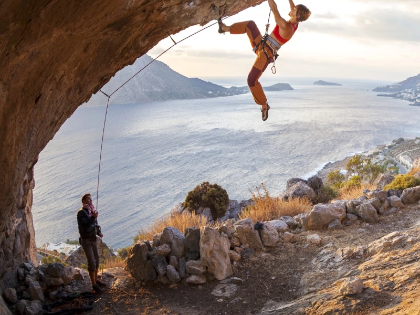







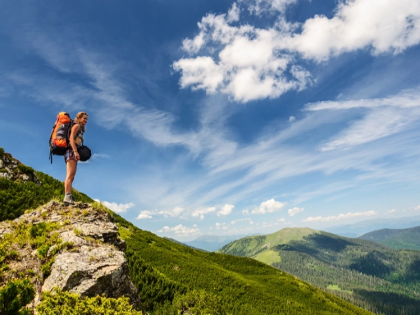

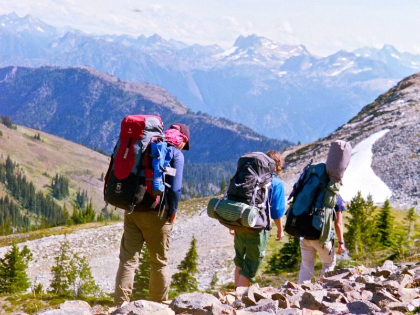



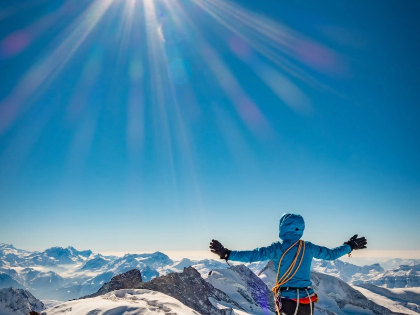




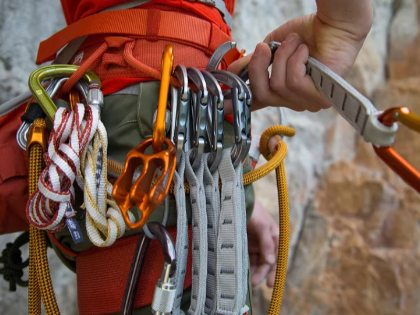
Comments
Leave a Comment
Your email address will not be published. Required fields are marked *